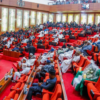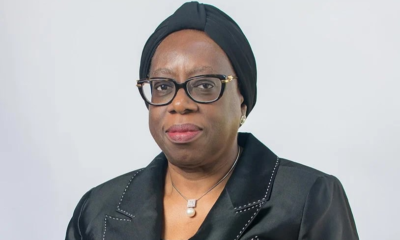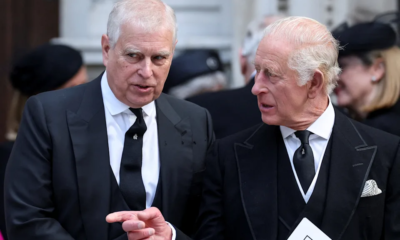Latest News
Reuters: NUPRC Revokes Approval of TotalEnergies’ $860 Million Asset Sale to Chappal

TotalEnergies’ sale of a minority stake in a Nigerian onshore oil producer has failed, the Nigerian Upstream Petroleum Regulatory Commission (NUPRC) told Reuters yesterday, a setback to the French oil major’s strategy to sell mature, polluting assets and pay down debt.
TotalEnergies had reached an agreement to offload its 10 per cent stake in the Shell Petroleum Development Company (SPDC) joint venture in Nigeria to Chappal Energies in a deal valued at about $860 million.
The stake covered interests in several oil-producing licenses as well as gas assets. For Total, the move was part of a strategy to step back from onshore oil operations, which have been plagued by theft, vandalism and community disputes, and instead concentrate on offshore and gas projects, particularly those tied to Nigeria LNG.
In the same vein, Mauritius-based Chappal Energies was expected to take on both the rights and obligations of Total in the licenses, signaling its entry into a bigger role in Nigeria’s upstream sector. However, the deal has run into regulatory headwinds, it was learnt.
Although the NUPRC initially granted its approval in July, it has now withdrawn it, citing the failure of the parties to meet certain financial and regulatory requirements within the stipulated timeframe. Thape revocation has thrown the transaction into uncertainty, leaving both Chappal and TotalEnergies waiting on what next steps might follow in one of the country’s most closely watched divestment cases.
According to the Reuters report, regulatory approval for the sale granted last October has been withdrawn because the two sides have not met financial commitments required to complete the deal, quoting EniolaAkinkuotu, spokesperson for the NUPRC.
“The ministerial consent was accompanied by certain financial obligations to the Nigerian people with strict deadlines. However, both parties failed to meet their financial commitments after repeated extensions, forcing the commission to cancel the deal,” Akinkuotu said. Chappal Energies and TotalEnergies declined to comment.
One source familiar with the negotiations said Chappal failed to raise the $860 million, and as a result Total did not fulfil its requirement to pay regulatory fees and cover funds for environmental rehabilitation and future liabilities.
The failed deal, Reuters said, leaves Total saddled with its stake in a business which has struggled with hundreds of oil spills as a result of theft, sabotage and operational issues that led to costly repairs.
In March, Shell sold its 30 per cent stake in SPDC to a consortium of five mostly local companies for up to $2.4 billion. U.S. major Exxon Mobil, Italy’s Eni and Norway’s Equinor have also sold Nigerian assets in recent years to focus on newer, more profitable operations elsewhere.
Chappal Energies, which specialises in producing oil and gas from mature and distressed upstream assets in the Niger Delta, last year successfully closed the purchase of Nigerian assets from Equinor for $1.2 billion, with financial backing from Mauritius Commercial Bank and commodities trader Trafigura.
Chappal has not disclosed its financial backers for the proposed purchase from TotalEnergies, the Reuters report added.
Other SPDC shareholders include the Nigerian National Petroleum Corporation (55 per cent) and Eni (5 per cent). Total’s unsuccessful exit is a setback to its goal to offload more high cost, polluting assets and pay down some of its debt, which leapt 89 per cent to $25.9 billion in the year to July.
Chief Executive, Patrick Pouyanne told investors in July the Nigerian sale was one of three deals that would bring in $3.5 billion before year-end and lower the company’s debt-to-equity ratio, which hit 28 per cent including leases and hybrid debt at mid-year.
The failed sale also leaves Total with interests in 15 licences in mostly oil-producing fields that netted the company about 14,000 barrels of oil-equivalent per day in 2023, as well as three licences in gas fields that account for 40 per cent of its Nigeria LNG gas supply, the Reuters report said.












